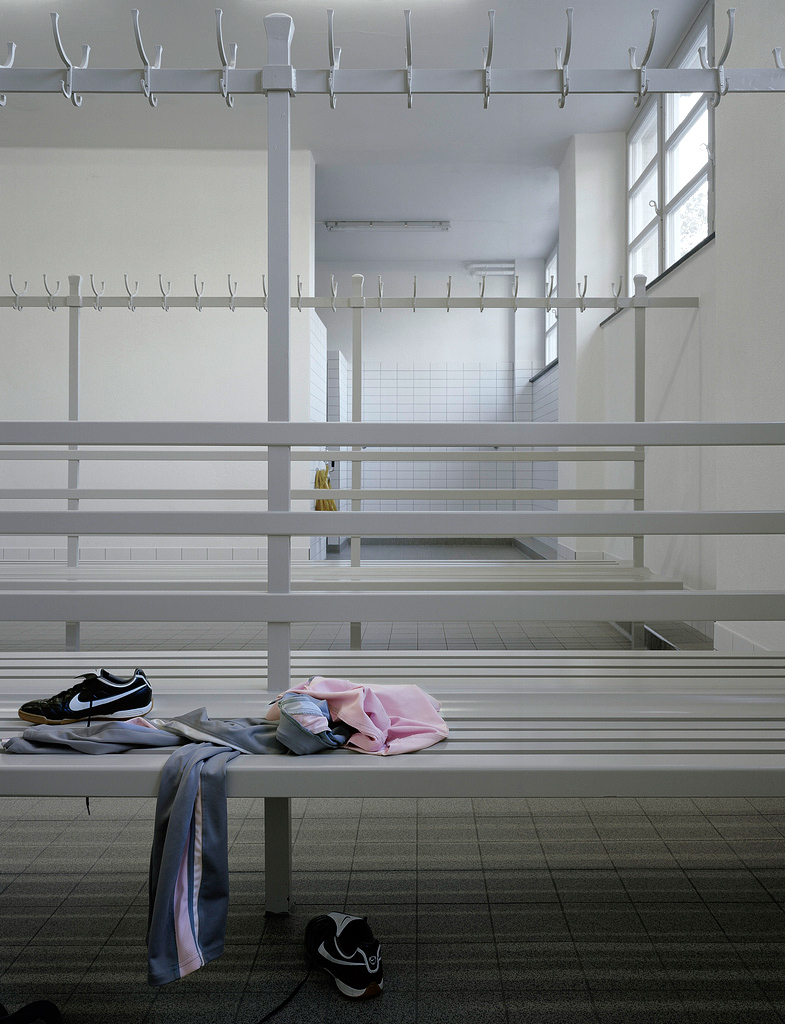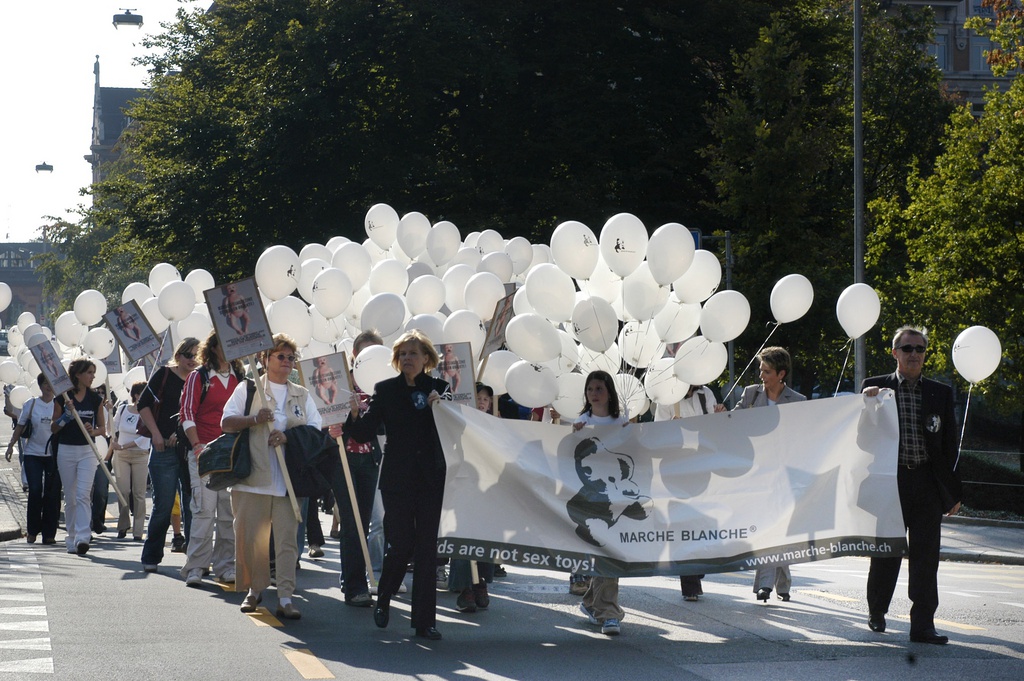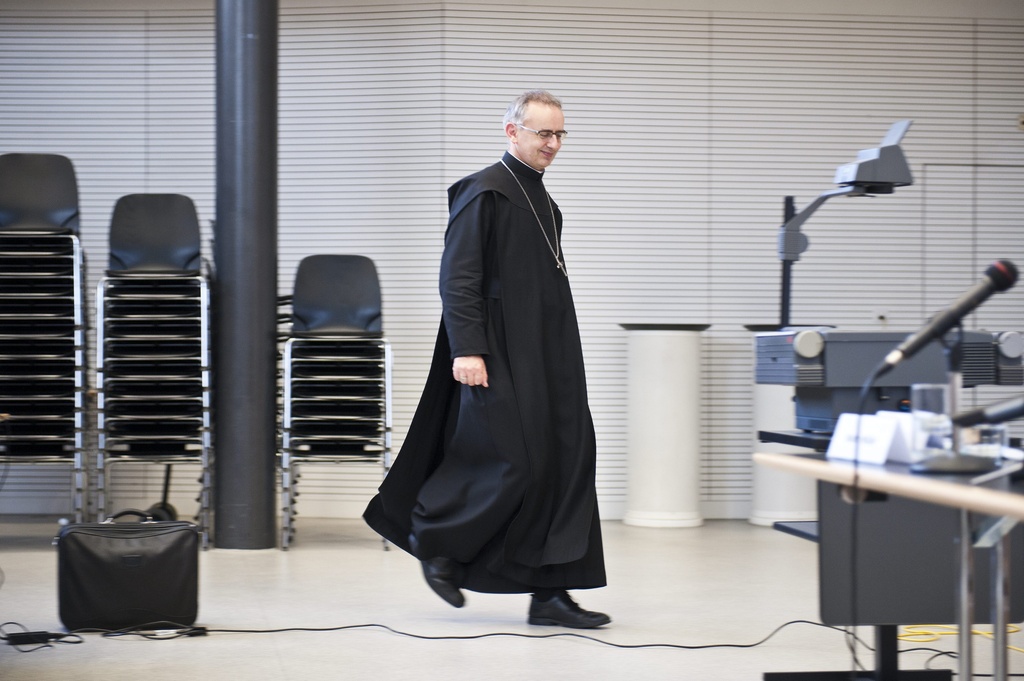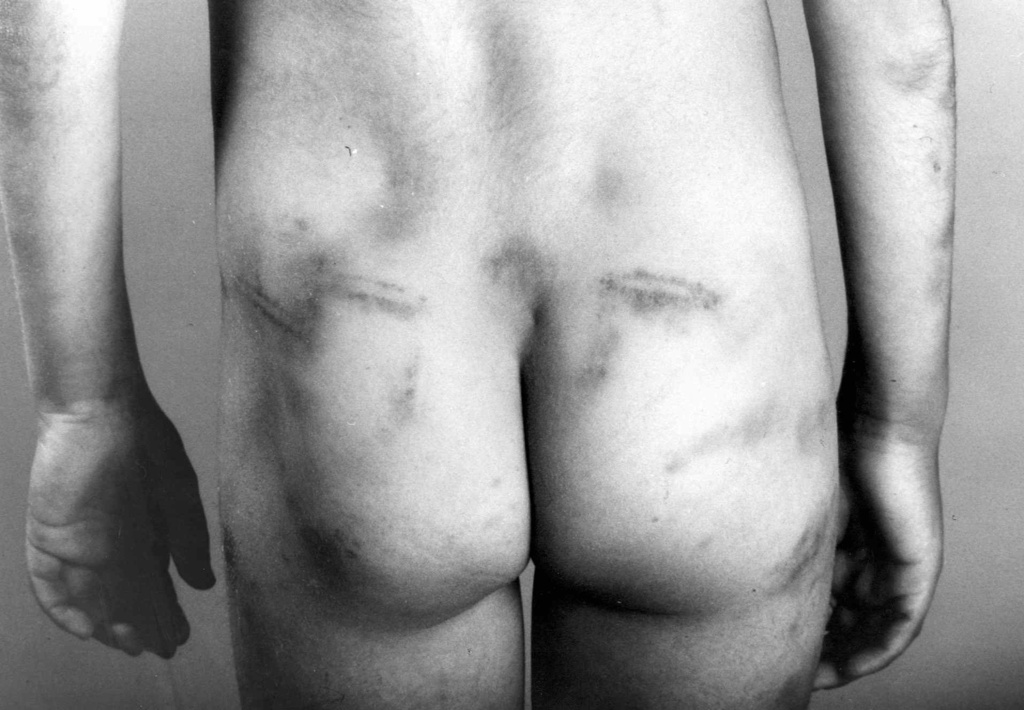Swiss study uncovers widespread sex abuse

Roughly 40% of girls and 17% of boys living in Switzerland have experienced some kind of sexual abuse. Harassment via the internet is the most frequently reported form, and the majority of victims are abused by other juveniles.
The figures come from a Zurich University study that questioned 6,000 ninth-grade students (aged 15-17) across the nation. Released on Tuesday, the study described the abuse as “alarmingly widespread”. However, it also said that there had not been an increase in more severe forms of abuse over the past two decades.
Both genders reported “sexual harassment via the internet” as the most common form of abuse – in other words, about 28% of the girls and almost 10% of the boys had experienced this at least once. Verbal abuse – either oral or via email or text message – came next, with nearly 15% of the girls and 5% of the boys reporting this.
Comparing today’s results with those of a Geneva study done in 1995 and 1996, Zurich’s researchers found that there had been hardly any change in the prevalence of sexual abuse with physical conduct. Now, the ease of access to the internet has given a boost to virtual forms of abuse via the internet, email and text messaging.
“This type of sexual abuse was not surveyed back then”, said Meichun Mohler-Kuo, senior research scientist at the Institute of Social and Preventive Medicine at the Zurich University, in a media release.
In the Zurich study, unwanted kissing or touching had been a problem for nearly 12% of girls and 4% of boys. As for abuse involving penetration (vaginal, anal or oral), about 2.5% of the girls had experienced this, in comparison with 0.6% of the boys.
The majority of those surveyed (more than half of the girls and more than 70% of the boys) said that they’d been abused by a juvenile perpetrator – often a person they knew.
“This new trend towards the majority being juvenile perpetrators, and being peers and acquaintances, is in contrast to the Geneva study, and might indicate increased violent behaviour among adolescents”, said Ulrich Schnyder, Head of the Department of Psychiatry and Psychotherapy at Zurich University’s hospital.
“Our results also differ considerably from official police reports, according to which perpetrators are usually adult, male relatives,” Schnyder added. This suggests significant under-reporting of abuse to officials.

In compliance with the JTI standards
More: SWI swissinfo.ch certified by the Journalism Trust Initiative



You can find an overview of ongoing debates with our journalists here. Please join us!
If you want to start a conversation about a topic raised in this article or want to report factual errors, email us at english@swissinfo.ch.